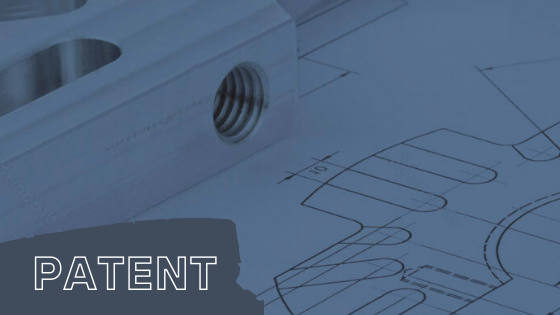You probably came here wondering “can you patent an idea?” Well, you cannot have to rights to a thought or simply the idea of a product. In order to start to have ownership of an idea you need it to be somewhat tangible. Now that doesn’t mean that you have to have a physical prototype or a complete product but it does mean that you need to take your idea to the next level. You are going to have to expand upon your idea until there is nothing left to explain.
In order to qualify for a patent when there is no physical prototype you need to have your product drawn out in a way that someone could replicate your product just by reading your descriptions and looking at your drawings. Every detail needs to be covered and all of your thoughts and uses for it need to be explained. Your idea needs to take the transition from idea to an invention and it’s never going to be an invention if it’s just in your head. There are professional patenting services you can hire, such as patent service InventHelp, to get this done.

Things to consider when deciding whether or not your invention is patent worthy would be originality of the product itself. An invention must have the following conditions in order to be protected by a patent. It must be of practical use and must introduce some new characteristic that has not been introduced in previous, similar products. Your product must bring knowledge to the table that has never been laid out before. Once you have come to the conclusion that you are introducing a new way of doing things or a new solution to a problem then it is time to take your idea and transform it into a tangible and patentable idea. Patent agencies, such as InventHelp patent an idea agency, can help you in this step.
Understanding Intellectual Property
Intellectual property refers to many creations/thoughts/ideas ranging from a variety of intangible works like music, art, discoveries, inventions, phrases, literary works, symbols, names and designs. There are many forms of rights when it comes to these intangible ownerships. You have industrial design rights, copyrights, patents, trademarks and trade secrets. Intellectual property can be defined as creations of the mind. Industrial property includes patents for inventions or trademarks and designs. Copyright encompasses literary creations such as books, plays, poems etc..